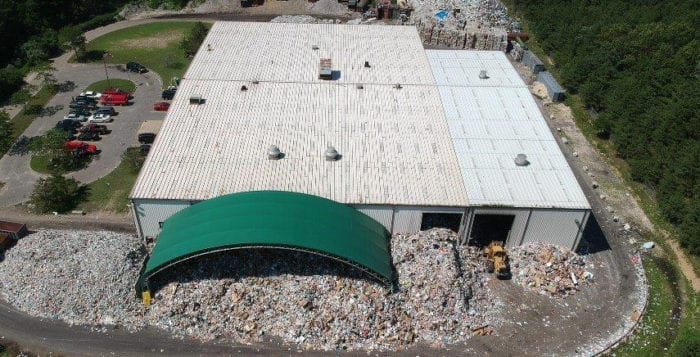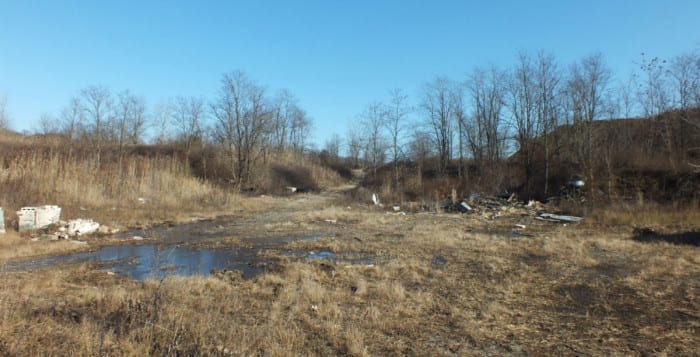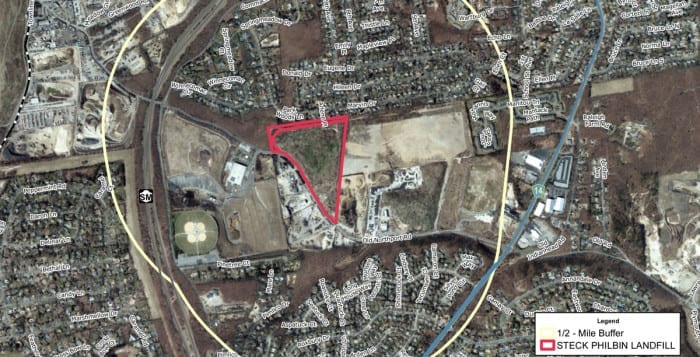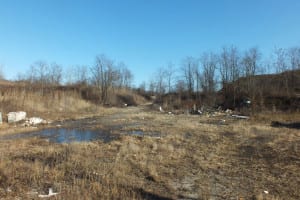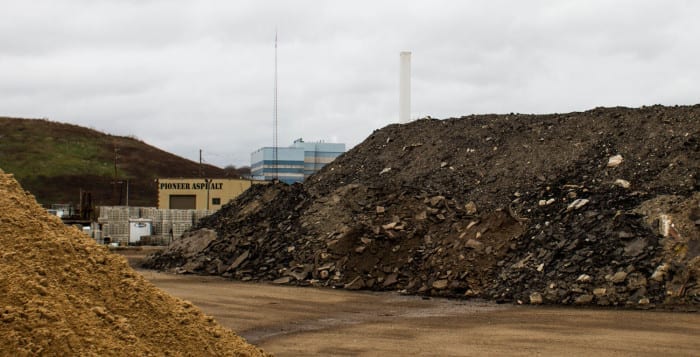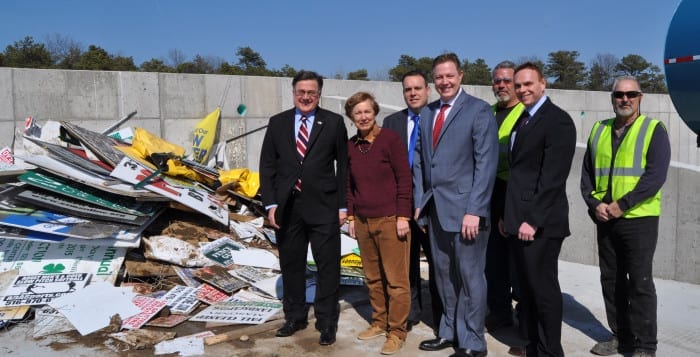Here on Long Island, local governments have been historically responsible for treating and disposing of solid waste. This dynamic is no longer workable.
Managing waste is among the most crucial functions of government. Without these services, untreated garbage would threaten the health and safety of our residents and endanger our local environment.
However, treating solid waste entails ever-increasing costs to dispose of the trash and keep up with the fast-paced regulatory climate. Those costs will only compound in the years to come.
In Port Jefferson, the village government is engaged in a messy permit dispute with the New York Department of Environmental Conservation over a small landfill it uses for branch and leaf pickup services. New DEC regulations targeting landfills have impacted Port Jeff’s kettle hole, entangling this small village in a much broader regulatory conflict.
The controversy may be affecting Port Jeff right now, but it will soon involve nearly every community on Long Island. Plans are underway to close the Brookhaven Town Landfill by 2024, which serves the entire region, precipitating a garbage crisis here on Long Island.
From these examples we are learning that solid waste treatment is not merely a local policy concern. It is integrated within a much larger context, affecting neighboring communities, regions and states.
Solid waste landfills, where much of our garbage is stored, are also significant emitters of greenhouse gases. These facilities may soon be prime targets for oversight and regulation under plans to curb the effects of climate change.
At TBR News Media, we are committed to the premise that local government is closest and, therefore, most accountable to the people. Local control gives residents a stake in what goes on within their community’s boundaries. But garbage is blind to these political distinctions and its hazardous effects often cross over these lines, impacting our neighbors. The problem is too grand for any one municipality to handle on its own.
Effective waste management is an increasingly regional, national and even global phenomenon. The situation calls for a coordinated and efficient response from these higher tiers of government.
Sustaining local control over waste management will soon come with a crippling price tag for municipalities and taxpayers alike. State and federal regulators will place heavy restrictions on the operators of solid waste landfills — local governments — passing the burden of cost and regulatory compliance onto these smaller governments.
Over time, municipalities will have to devote more resources and staff to their garbage, eating away at their budgets and diverting vital funds from other local programs and constituent services. All of this runs counter to the original idea of local autonomy.
Now is the right time for local governments to evaluate their involvement in waste management. Municipalities should seriously consider transitioning these duties to higher levels of government — such as counties or the state — with oversight from regional planning councils composed of delegates from our communities.
A consolidated waste management apparatus could be more efficient and less restrictive for small governments, freeing up money and attention for local matters within their control.
At the individual level, we must also take steps to limit our impact on landfills. On Long Island, we don’t even have reliable measures of recycling rates, let alone a plan to bring those levels up. Furthermore, many ordinary household items have the potential for reuse. Residents should take advantage of special recycling events that assign these items a reuse value.
While policymakers work out the nuances of an integrated waste management hierarchy, we can do our part to limit our contribution to solid waste landfills. These complex problems may find meaningful solutions if governments and citizens act responsibly.


